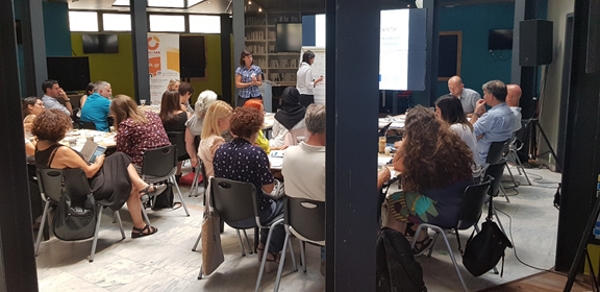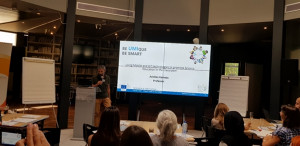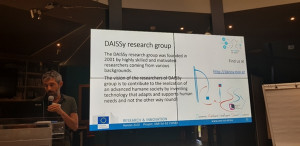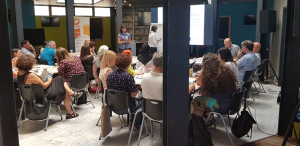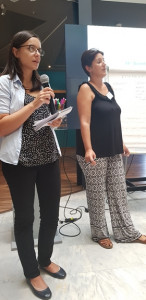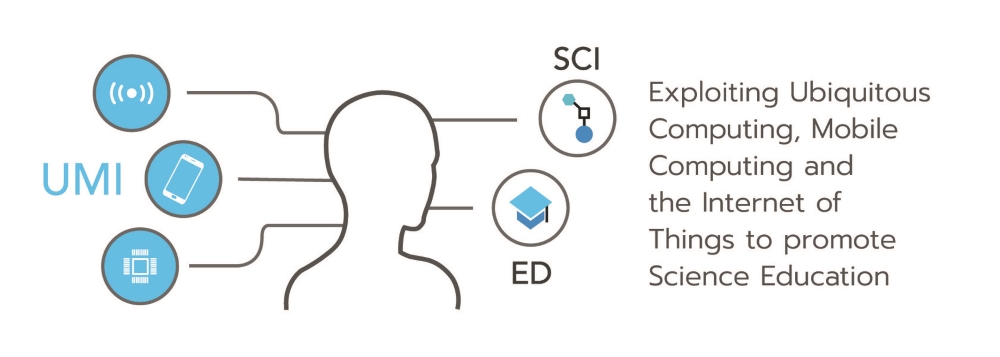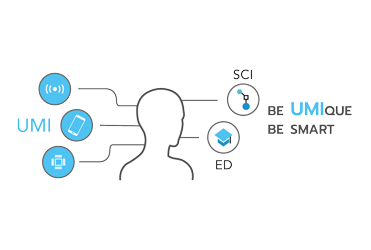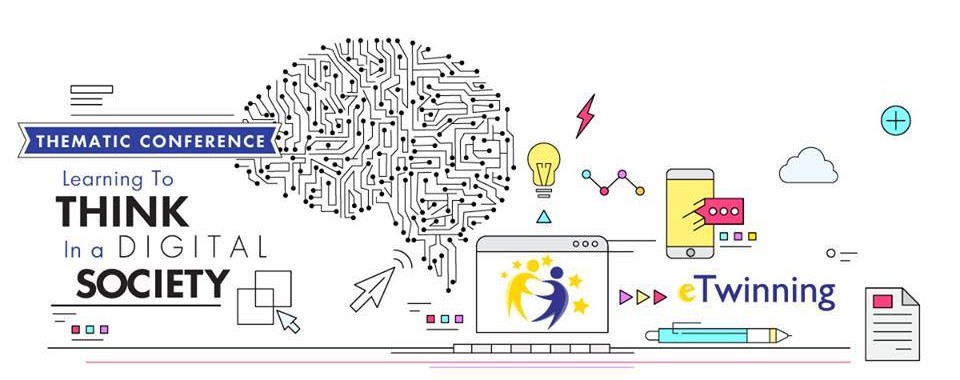Description
UMI-Sci-Ed is targeted to 14-16 aged youngsters in European countries and puts emphasis on the creation of knowledge based societies and social networks by the introduction and actual use of state of the art technologies. The orientation of UMI-Sci–Ed is entrepreneurial and multidisciplinary in an effort to raise young boys’ and girls’ motivation in science education and to increase their prospects in choosing a career in UMI.
The broad aim of the project is to investigate the introduction of UMI technologies in education. Especially, the project aims to offer novel educational services, implement innovative pedagogies and enhance students’ and teachers’ creativity, socialisation and scientific citizenship. We intend to put these technologies in practice, so as to enhance the level of science, technology, engineering and mathematics (STEM) education young girls and boys are receiving and at the same time make attractive the prospect of pursuing a career in domains pervaded by UMI.
In order to realise the abovementioned aims, the project provides a tranquil environment for educational activities, where technology itself will not star but support the stakeholders of education, including, the educational community, the industry, career consultants and educational authorities and policy makers. To this end, communities of practice (CoP) will be formed dynamically around UMI projects implemented at schools, including representatives of all necessary stakeholders.
The project’s core objectives are the following:
- O1 Novel educational services: To develop a training mechanism, as a methodology, for young students, containing guidelines for UMI learning under the CoPs format, roles and structures. This study takes under consideration evaluation results in order to reveal drawbacks on using UMI technologies and CoPs schema in upper high school settings and structures for effectively using UMI tools and applications in a situated learning environment.
- O2 Career consultancy services: To foster innovation and support promising scientific careers. The career consultancy is carried out by conducting a series of piloting UMI-Sci-Ed activities and scenarios using CoPs and UMI. It includes linking the market needs to the project stakeholders through the software platform, formation and management of CoPs using social computing tools and adaptation of specific, specially selected technological tools used for establishing CoPs. It is a priority to focus on organizations or sequences of core curriculum viable and relevant for the learning process, identifying important topics within the STEM disciplines and linking the impact of new technologies on the prioritization of learning goals. This also includes the development of educational material to upper high school students aiming at motivating them in subsequently pursuing a career in science education. Focus is on linking new generation instructional resources that support technology based features and options.
- O3 Supporting software tools: To design and implement an integrated learning environment which actually supports all stakeholders to form CoPs as a facilitating mechanism for UMI learning in the science education. The training environment consists of an open repository of educational material, educational means, training activities, a platform to support CoPs through socialization, delivery specific of educational material, entrepreneurship training, showcases, self-evaluation, mentoring, and conceptualisation of content and information management.
- O4 Supporting hardware tools: To integrate, package and delivery a necessary hardware kit to support training and to develop the accompanied programming environment allowing the interaction with the hardware kit and supporting young students to realize their ideas from the beginning of their training. The hardware kit is delivered in a suitcase and is composed of (a) an integrated Printed Circuit Board (PCB) with a micro-controller, a bundle of analog/digital I/O ports, wired/wireless connectivity modules and a GPS module, (b) a set of various sensors for realizing measurements related to the application scenarios that the students will implement, c) a set of actuators such as relays (ON/OFF), simple electrical motors, etc., are also provided. The programming environment provides the capability to the student to interact and configure the board in order (a) to setup the parameters/settings to connect to the sensors and retrieve data, (b) to setup the network parameters in order to forward the collected data to Internet.
- O5 Dissemination of the project ideas and results: To disseminate the use of UMI technologies in real educational settings and promote their added pedagogical value to youngsters (male and female) in science education mostly but alternatively also in emerging disciplines of STEM and to convey project scientific achievements and RTD results both internally among project partners and externally to European and International research communities, potential users and industrial/commercial organizations. Focus is also in linking the UMI-Sci-Ed project with European Standards in learning and infusing to youngsters’ motivation for work based learning and principles through the designed activities and resources.
The proposed framework, developed, implemented and sustained by a group of partners, from all over Europe, with proven technological, scientific and pedagogical expertise, leveraged by participants efforts, constitutes a promising model for the engagement of societal actors, serving the work programmes aim of recruiting as much of European talent to UMI and STEM as possible.
Project Outcomes
A methodology for establishing CoPs for UMI and STEM in learning environments for 14-16 year olds youngsters has been designed, as well as educational material has been designed and presented in its initial form.
A low cost modular hardware kit has been defined, packaged, and delivered to the project partners; the supporting programming environment has been integrated with the kit.
The 1st version of the open source UMI-Sci-Ed platform that provides all the basic functionalities and services allowing the use of it for educational purposes and supporting the CoPs approach.
The UMI-Lab, an umbrella organisation, that will support the CoPs has been established.
The initial local pilots have been started.
An evaluation concept-framework was developed that includes the procedure to validate the components of the UMI-Sci-Ed outcomes.
A series of dissemination actions and publications in international/national conferences.

